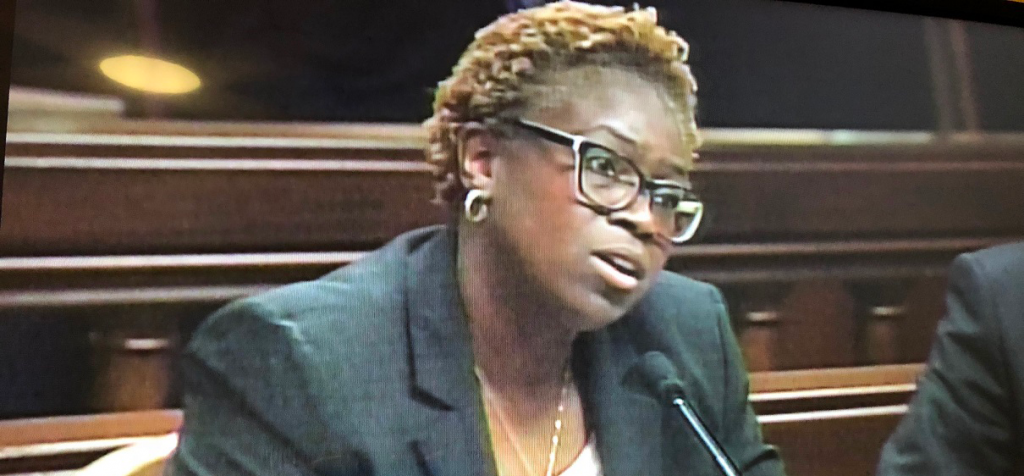The barriers to achieving a college degree in California are legion. Campuses at all levels – UC, state schools and community colleges – are at capacity, meaning less class availability, which results in more years in school — and more money spent on tuition. Add to that a vast disparity in who is prepared to go to college and an overall system lacking in oversight, and the potential consequences for California are dire: estimates are that by 2025, the state’s workforce will be short more than two million degrees.
Which is where California Competes comes in. Started in 2010 and a Community Partners project since 2017, California Competes: Higher Education for a Strong Economy is taking on the big issues facing higher education in California at a systems level. A two million-degree shortage is no small gap, and project leader Lande Ajose, who Governor Jerry Brown appointed to the California Student Aid Commission in 2014, wants to ensure that it will be closed equitably.
“Opportunity should not be based on your zip code; opportunity should be based on our belief that every Californian is able to succeed and that we should provide that opportunity for every resident,” she said. “Not only will this serve the individual well-being of students, but the research shows it has terrific benefits for the state in terms of the communities we live in, the businesses we run and the industries that we drive. It’s a win-win for everybody.”
With a team of education policy researchers and data analysts, California Competes is working to effect policy change by identifying existing obstacles to higher education, developing potential solutions, and educating state legislators and others with a hand in decision-making. California Competes focuses on the pragmatic ways the state’s economy will benefit from an improved system that helps students earn their degree and prepare for work in one of California’s varied and robust industrial sectors.
California Competes hosts policy institutes every year for legislators and policymakers who hear from guest speakers about key issues. This allows them to think together and to encourage dialogue around education policy issues and different ways they can be addressed.
In preparation for the upcoming election, Ajose met with the campaigns of gubernatorial and lieutenant governor candidates, including Democrat Gavin Newson and Republican John Cox, to emphasize to them the importance of higher education as a policy issue people and students care about and consider a top priority.
“The response from the candidates has been receptive and our candidates recognize that we need to do more to improve our higher education system,” Ajose said.
Although it was California that in the ‘60s created a now widely-used model for a statewide coordinating body to oversee higher education, it is currently one of only two states in the nation that does not have this kind of oversight in place. This puts the decision-making role in the hands of state lawmakers who are already focused on a vast array of issues impacting the state. But California Competes is working to keep the issues affecting students front and center as best they can. Next month’s policy institute will focus on the ways in which socio-economic status, financial means, race and gender all present obstacles to college completion.
The project’s February release of Opportunity Imbalance: Race, Gender, and California’s Education-to-Employment Pipeline emphasized the stark inequities Californians experience along the path from high school to college and into the workforce. To complement this research, California Competes partnered with Univision in a statewide public opinion poll that surveyed Latino voters’ perceptions of higher education. Their findings were presented during briefings in both Los Angeles and Sacramento in March.
Next year, the project will debut their Opportunity Index, an online data system that will track a set of variables that impact higher education each year in order to document disparities by region. The accessibility of this data will help hold the state accountable for equitable outcomes and is important in order to help groups on the ground advocate for more educational opportunities at the regional or county level.
Though it has been operating since 2010, California Competes joined Community Partners in 2017 and was excited to be fiscally sponsored by an organization that welcomes policy and advocacy work. “We receive expert counsel in so many areas from the Community Partners team, and the openness to our policy and advocacy work has been amazing,” Ajose noted. “Community Partners is not afraid of risk.”





